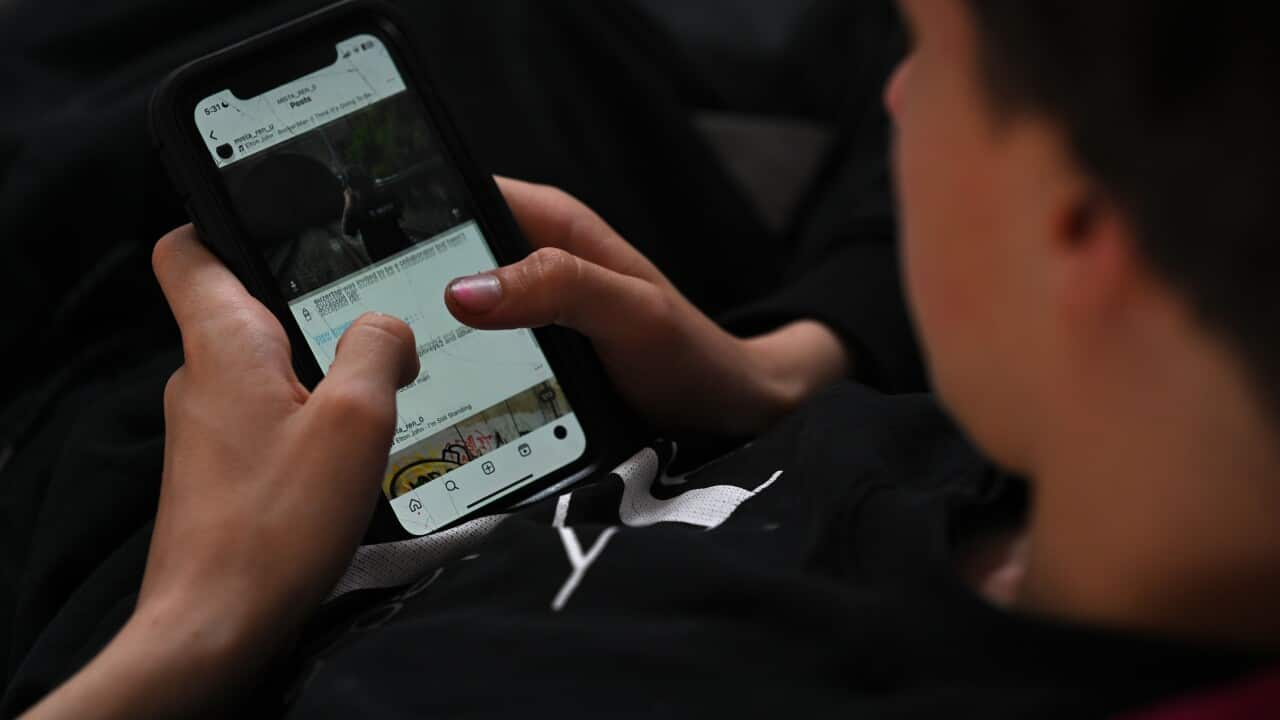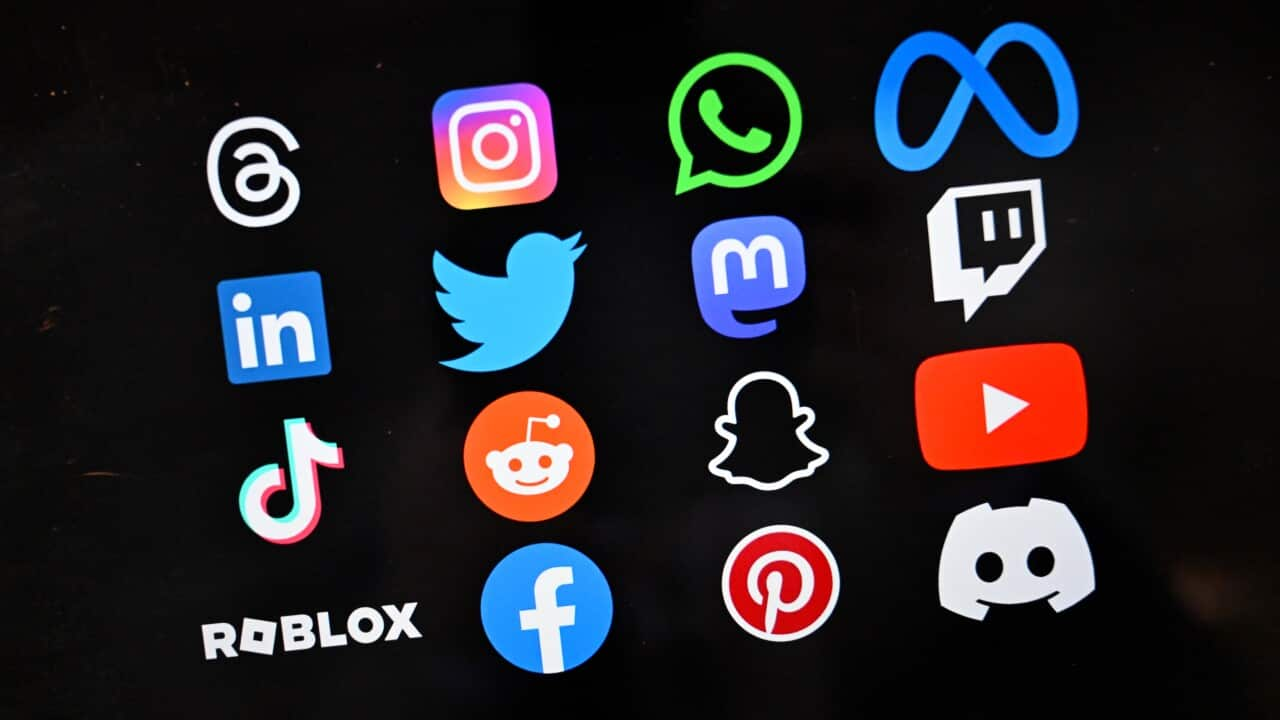Key Points
- Elon Musk has criticised the government for its plan to implement a social media ban for children under 16.
- Musk, the owner of social media platform X, has accused the government of trying to "control access to the internet".
- The federal government introduced legislation for the ban into parliament on Thursday.
Elon Musk has taken aim at the Albanese government's new social media ban for children under 16, claiming the government is trying to "control access to the internet".
The owner of social media site X, who is preparing to take , took to the platform to speak out against the new laws.
"Seems like a backdoor way to control access to the Internet by all Australians," he wrote in response to a tweet from Prime Minister Anthony Albanese.
Albanese wrote: "TODAY: We're introducing our bill to make 16 the minimum age for social media."
The post was accompanied by a 'community note' on X, a tool to add "helpful notes" to posts that might be considered "misleading".
The community note on Albanese's post read: "This bill will require identity or age verification for all Australians to use social media, including adults. The government confirmed this is the only way to enforce it."
Communications Minister Michelle Rowland said the ban was about "protecting young people, not punishing or isolating them".
What's actually in the online safety bill?
The Online Safety Amendment (Social Media Minimum Age) Bill 2024 will introduce a minimum age of 16 to have an account on age-restricted social media platforms.
The government says the bill will place the responsibility on social media platforms to "take reasonable steps to ensure fundamental protections are in place".
It will require platforms to introduce systems and settings to ensure underage users can't create or hold a social media account. A systemic failure in this could be constituted as a breach.
The ban will include platforms such as Facebook, Instagram, TikTok and Snapchat.
Messaging apps such as WhatsApp, online gaming platforms, and services with the “primary purpose of supporting the health and education of end-users” are excluded from the bill.
This is expected to also include YouTube. Anonymous web-based forums like 4chan and Reddit will also likely be excluded as they're accessible to users without account creation.
It's unclear how platforms will be required to manage the millions of existing users set to be impacted by the ban.
Age verification process
As part of the bill, it's expected that all Australians wanting to access the affected platforms will need to undergo an age verification process.
During a Senate estimates hearing earlier this month, James Chisholm, the deputy secretary of the communications department, confirmed "everybody [would] have to go through an age-verification process".
However, it's unclear what extra data people will need to submit to social media companies to keep their accounts.
The government has said the move "may require the collection, use and disclosure of additional personal information".
While acknowledging concerns about the negative impact of social media on children, a mandatory age limit was "a Trojan horse to create digital IDs", free speech and anti-censorship advocate Michael Shellenberger said.
This would be "a giant leap into the totalitarian dystopia depicted in (television show) Black Mirror, and already in place in China," he said.
The federal government has ruled out mandatory digital IDs and the Coalition has drawn a red line over their implementation.
The government says the bill will "help enable young people to use the internet in a safer and more positive way."
Opposition communications spokesman David Coleman also said the Coalition would work with the government to finalise the legislation.
"Parents lie awake at night worrying about what their kids are being exposed to on Snapchat, or TikTok, or Instagram," he said.
"We've seen very disturbing mental health trends for Australian children — especially girls — over the past decade."
LISTEN TO

'These laws would have protected her': advocates welcome social media ban
SBS News
07/11/202405:12
But multiple experts have expressed concern about the ban.
In October, 140 experts wrote an to Albanese, arguing: "a 'ban' is too blunt an instrument to address risks effectively".
The Australian Human Rights Commission also said it had "serious reservations" about the ban "given the potential for these laws to significantly interfere with the rights of children and young people".
Instead, it suggested introducing measures to reduce harm, like the ability to toggle off personal algorithms and implementing a 'duty of care' model, which the government is moving ahead with.
The ban is expected to start at least one year after the passing of the bill.
- With additional reporting by the Australian Associated Press.











